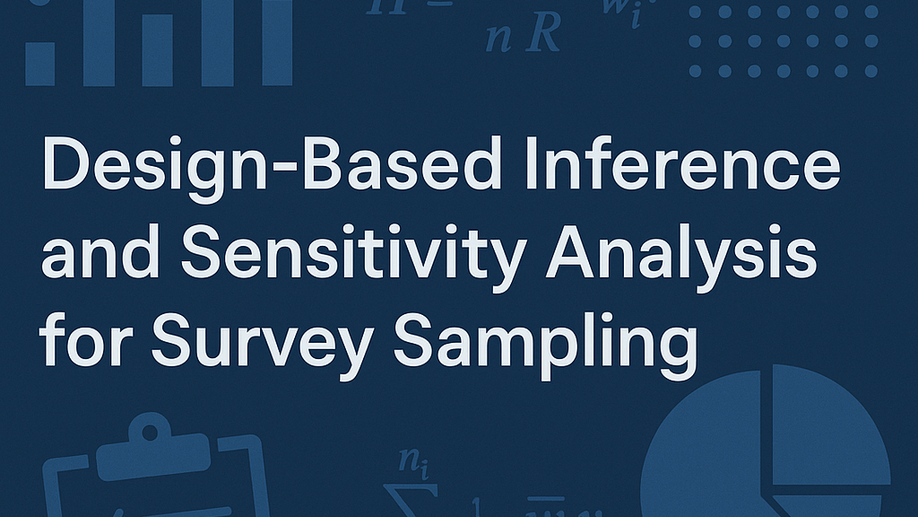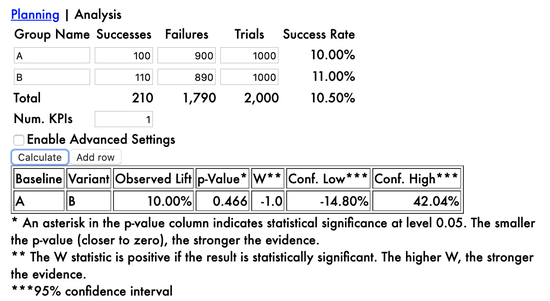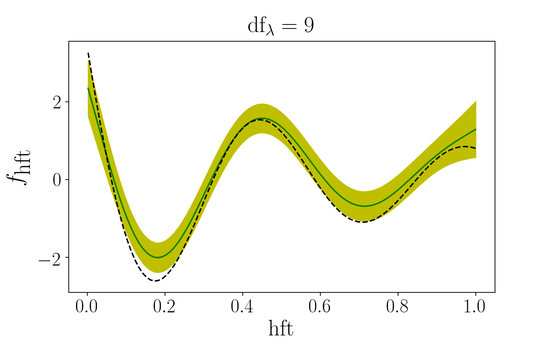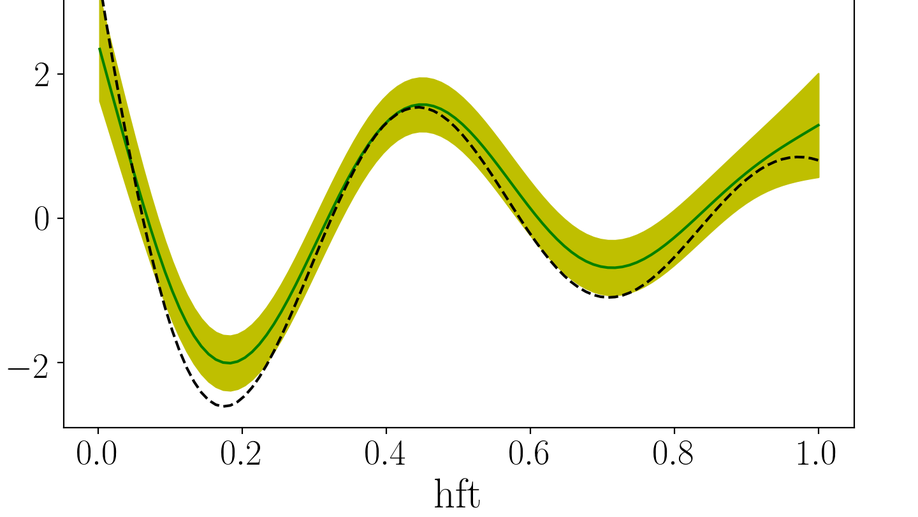Biography
Bob Wilson (he/him/his) is a Marketing Data Scientist at Meta Reality Labs, where he helps introduce the world to the future of technology. Prior roles include data science at Netflix, Director of Data Science (Marketing) at Ticketmaster, and Director of Analytics at Tinder. His interests include causal inference and convex optimization. When not tweaking his Emacs init file, Bob enjoys gardening, listening/singing along to Broadway musical soundtracks, and surfeiting on tacos.
Interests
- Causal Inference
- Convex Optimization
- Theoretical Statistics
Education
-
M.S.E.E. in Machine Learning, 2013
Stanford University
-
B.S. in Aerospace Engineering, 2008
University of Illinois, Urbana-Champaign













